The advancement in technology, especially the digital revolution witnessed in the recent past, has significantly changed the ways in which the world operates. The transformation has had great influence in virtually every sector. Technology and the internet have brought about both negative and positive impacts. The conflict between the state surveillance in national interest and the right to privacy of an individual was never this intense. However, while the Indian state is expanding its own surveillance programs, it is also concerned about surveillance by other nations on privileged electronic content that may compromise state security. India has been considering making laws norms for the import of telecom equipment in India more stringent. The various security agencies in India have gone to the extent of suggesting development of cybersecurity software.
Further, in the present digitized world, the rise in cyber crime has extended beyond the physical world and has reached to our E-life, i.e. our existence in the digital environment. India has its legislation i.e. Information Technology Act, 2000 to combat the rising Cyber crime, but the evolving technology is bringing along with it the new evolving crimes as well. The 4th Industrial Revolution to which we also refer Internet of Things has opened not only a pathway for advancement of society but it has also opened multiple gateways for the cyber crimes to happen in numerous ways. The world is not unaware of the cyberattacks that are taking place all around the world. The most suitable example is that of Solar wind hack which affected around 18,000 companies including 425 companies in Fortune 500.
There are various issues with regard to the jurisdiction in the cyberspace when implementing the laws and these issues proves to be advantageous to the cyber criminals. It is necessary to examine the perspective of various courts and their interplay with cyber litigants, cyber insurers, businesses and the government and to have an understanding of the issue relating to cyber disputes and cyber jurisdiction both from Indian and international perspectives. Another major problem that has come with the increased usage of technology includes breach of privacy. This attracts both ethical and legal aspects. There has been an increased data usage from the online sites where people log into for social interaction to electronic storage of data in organizations over the recent past
This book aspires to discuss the prevailing cyber offences and the laws existing with regard to the same. Cyber laws are the sole saviours to combat cyber crime. Cyber law in India presents a harmonious analysis of key provisions of the IT Act, 2000 in consonance with the relevant aspects of several other laws of the land which impact jurisdiction in the cyber world. The book offers a clear understanding of the prevailing cybercrimes, the laws existing and also the suggestions for the existing cyber legislative framework.

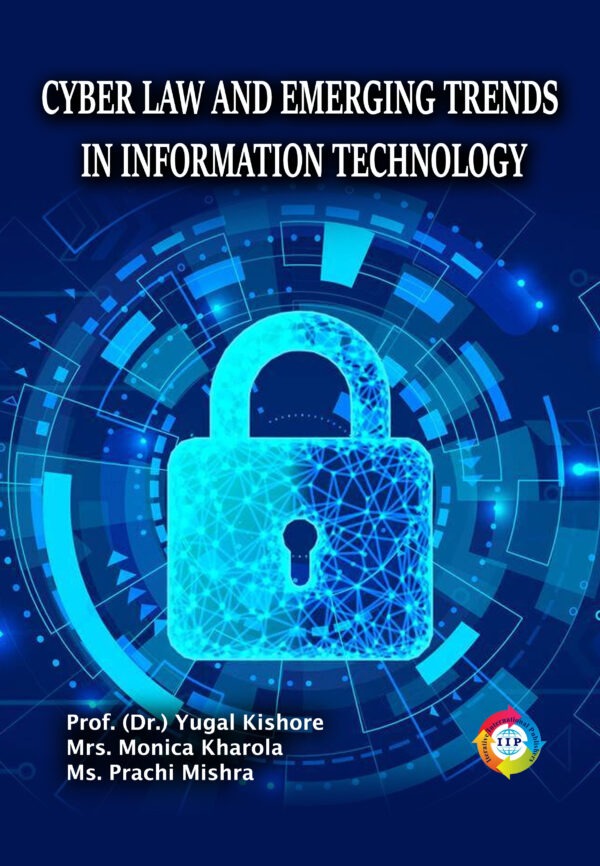
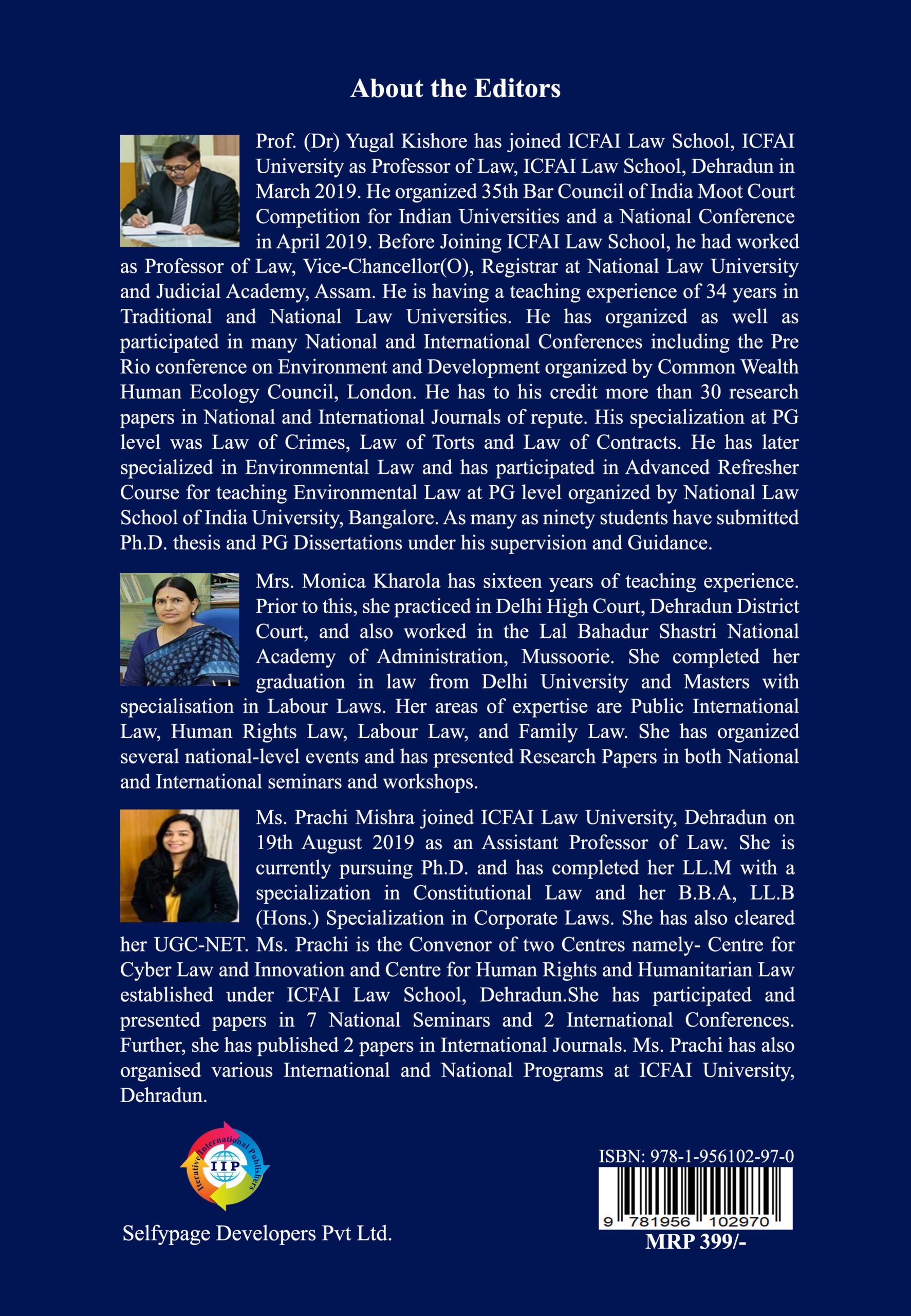
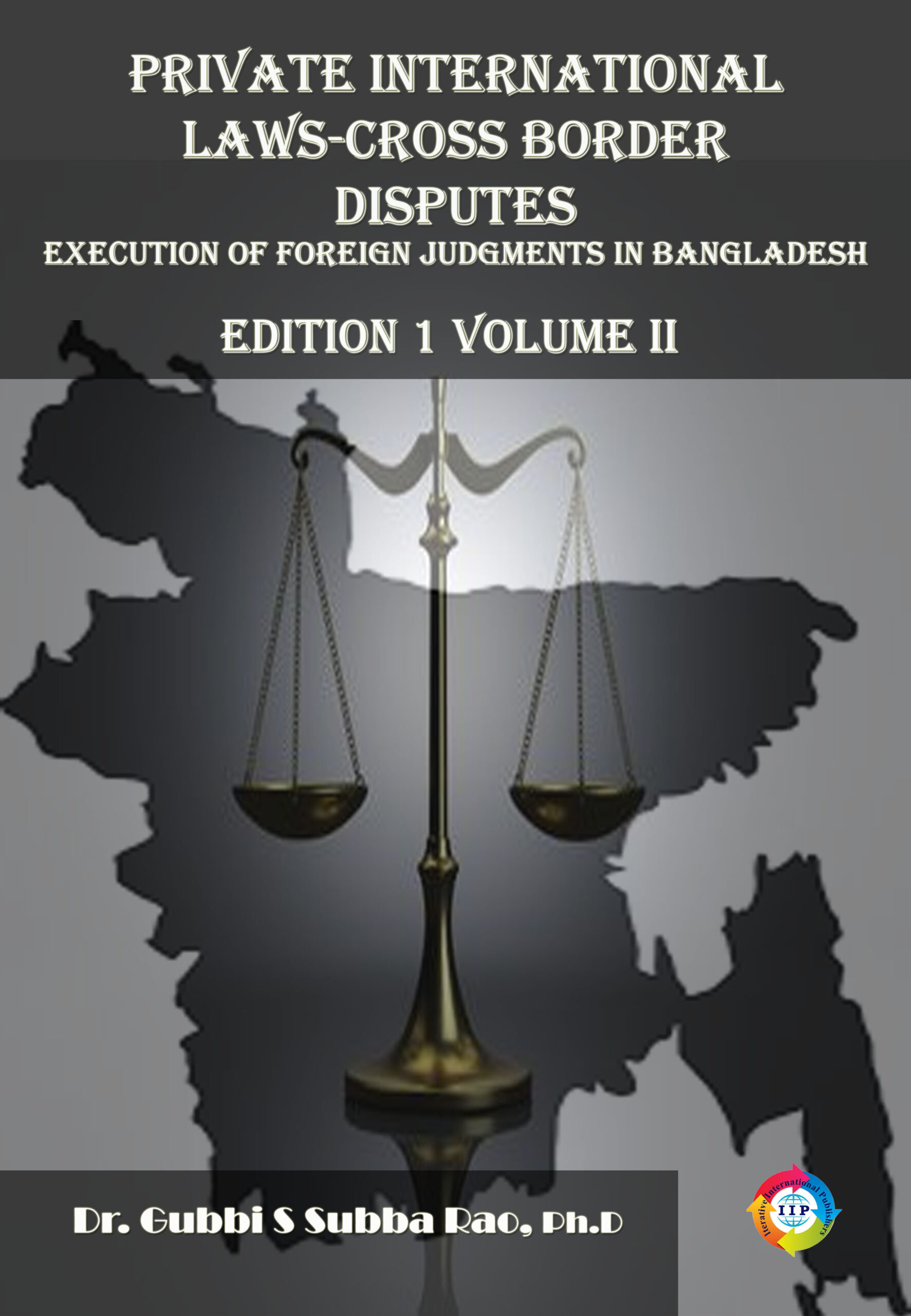

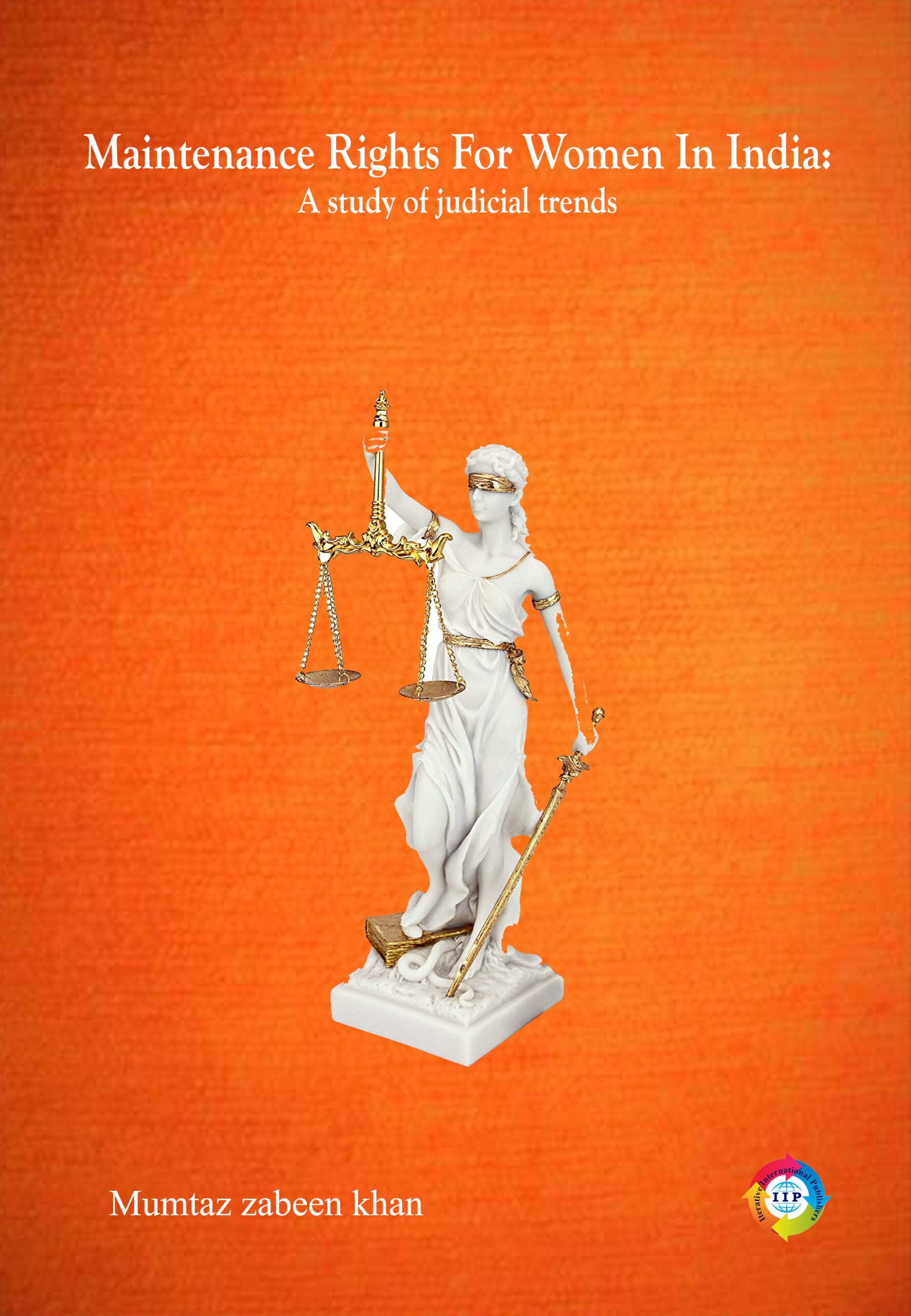

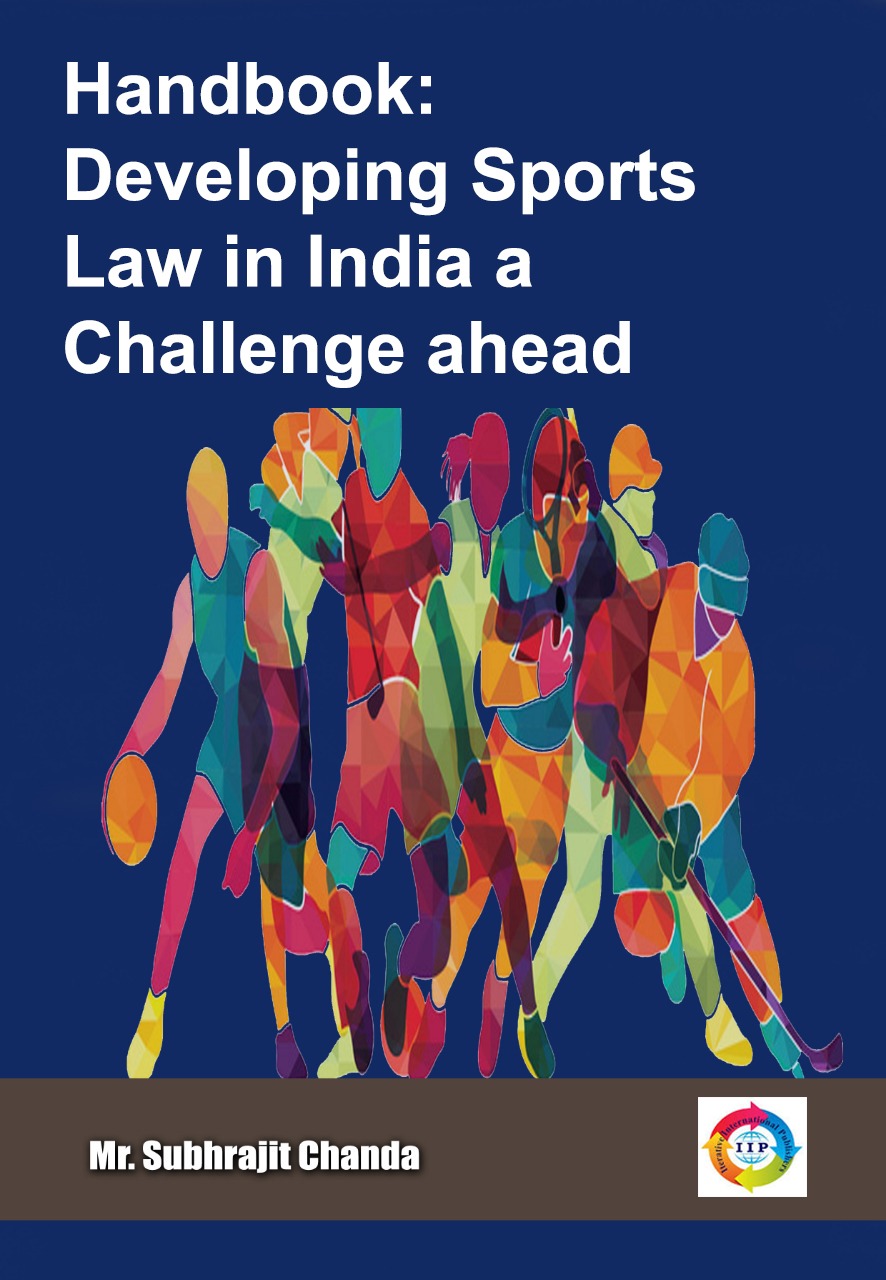

Reviews
There are no reviews yet.